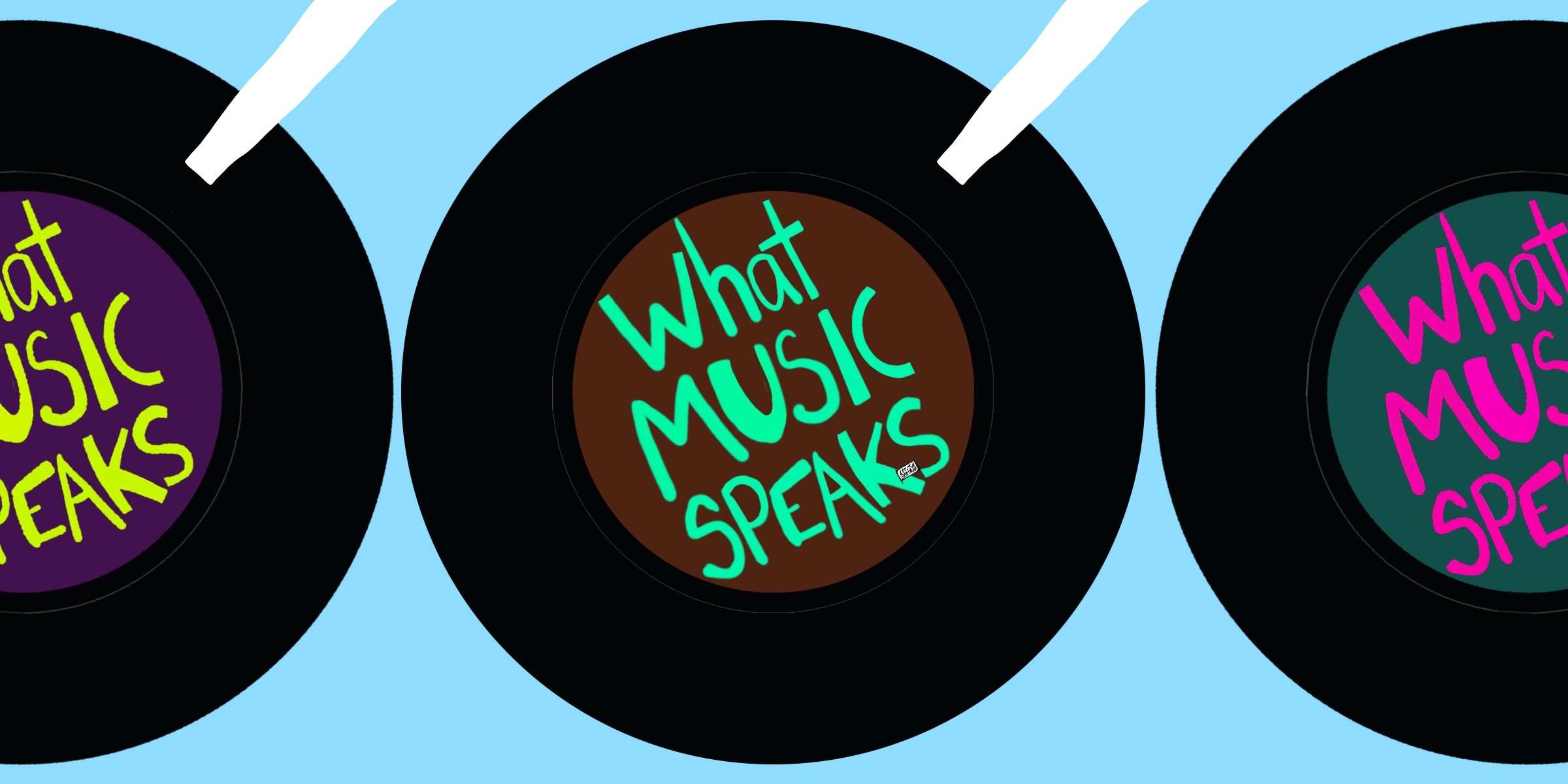There Are Two Ways To Judge People — Both Are Useless. We all do it. You do it. I do it. Your friends do it. We judge.
At the grocery store, we silently judge people waiting in line. We secretly rate our family members by how much they support us, our friends by how fast they call us back and our coworkers by how cocky they are. But we also make more subtle judgement calls. Ones we’re barely aware of making.
When we eat, our gut signals to us what’s safe to put in our mouths and what’s not. When we meet someone new, we can instantly tell if they’re attractive or not, without having knowingly sorted them into either category. When we’re in danger, we make split second decisions about where to jump, which corner to turn. Much of this is natural. It allows us to exist.
Judgement, both conscious and unconscious, is a fundamental part of the human experience. We all do it around the clock because it’s a necessary function of moving, acting, and living in a dynamic world. And while we can’t do much about the beliefs we form without actively contributing, we all have our own systems of how we evaluate others.
Sadly, most of those systems are fundamentally flawed.
Actions Or Intentions, Which One Is It Going To Be?
How we judge others is mainly affected by how we’re raised. The two most commonly ‘taught’ approaches are based on how people interact with us: one on their actions, the other on their intentions. The goal of either is to make human behavior comparable.
When you grow up in a home where little emphasis is placed on outcomes, where you feel that your best is always good enough, chances are, you will hold others mostly to their intentions too. Your boyfriend got you a terrible gift? No problem, it’s the thought that counts.
If you’re raised under the motto of “actions speak louder than words,” however, it’s usually the result that matters. No second-place trophies. You either showed up to your friend’s birthday, or you didn’t. You score the client or you don’t.
Both systems have their advantages and drawbacks, so it’s hard to declare one superior to the other. Placing importance on intentions allows you to be patient and kind, while focusing on actions is a great motivator to try hard and hold both people and yourself accountable.
Problems occur, however, when we accidentally mix the two. There’s a saying that we tend to “judge ourselves by our intentions and others by their actions.” This gap, if present, creates a double standard. When you criticize a coworker for being late to a meeting, but let yourself off the hook for ‘really trying hard’ the next time you’re stuck in traffic, the outside world will label you a hypocrite, maybe rightfully so.
Regardless of which philosophy you grew up with, the message is, when choosing your own system as an adult, be consistent. Judge others the way you would judge yourself. It is here that the real predicament begins.
Both systems, even if practiced to a tee, put you under constant pressure to remain rigid in a world of permanent change. No matter which basis of judgements you choose, you’ll quickly run into instances where you’ll want to change that basis. If only just for a single occasion.
Maybe your girlfriend cheated on you, but you really want to forgive her. Or your son played an awful match of tennis, but man, he tried so hard you’d love to give him credit. Whenever we are uncomfortable because we don’t want to contradict ourselves, it’s usually a sign that the arrangement we made with ourselves was too inflexible to begin with.
Maybe we need a new way to make sense of people’s behavior altogether.
What We’re Really Looking For
If we want to develop a more accurate sense of judgement, one that leaves us feeling more comfortable in our own skin, we first have to look at why we feel we need an explanation of why people do what they do. I think it’s to help us streamline our interactions with others and improve our relationships.
Life’s events are hard enough to navigate as they are, so by detecting other people’s desires and reasoning, we reduce complexity. We want to find out who to engage with and who to avoid. In a business negotiation, clarifying the wants of all involved parties is the quickest way to close a deal. Knowing the one person in class who likes you the least makes it easier to find your clique.
The problem with comparison approaches, like actions or intentions, then, is that they neglect that much of who we are is contextual. Because so is what we want and why we want it. By pinning a small sample of observations on other people’s character, we render the contrast void before we even make it.
In science, this is called the fundamental attribution error. It’s our tendency to point to people’s identity when explaining why they do what they do. I guess this kind of flaw is to be expected from a brain that runs on lots of heuristics.
We judge as a shortcut to make sense of the world. We label the lady who cuts in line at the grocery store as egoistic and add a checkmark. Understood. But actually, we’ve understood nothing. We’ve merely skipped the effort of even trying when it’s precisely that effort that would give us what we want.
What if, instead of adding a period at the end of “she is disrespectful,” we added a question mark? What if we replaced instant judgement with instant curiosity? Wouldn’t that allow us to interact with others based on what’s going on, rather than who we think they are?
Because the only way we can really understand why people act the way they do is by assembling a picture of the context that they acted in. Was their choice one they made voluntarily? Or one they were forced to make? Or maybe one they felt they were forced to make, even if it wasn’t so?
Getting a grasp on the many factors that went into other people’s choices is a process of discovery. A process impossible to start from a conclusion, because then you’d only select the information that fits your preconceived idea.
Just like it’s impossible to be curious and judgmental at the same time.
The Yardstick That Never Fails
Making assumptions is part of life. In most cases, nature does a good enough job at getting us to make the right call. But when it comes to interacting with other humans, our basic wiring often fails us.
A yardstick is only as good as the number of things you can measure against it. That makes both actions and intentions poor yardsticks for judging others. When we use them, we’re too quick to jump to conclusions rather than the right questions, and we’ll always feel uneasy about our own, inner conflicts.
Curiosity, however, is universal. In refusing to judge people, we’re prompted to judge their circumstances. And since the circumstances of even the smallest decision are vast beyond what we could ever perceive, we’ll often find ourselves unable to make any judgement at all. What a wonderful way to live.
Replacing judgement with curiosity forces you to keep asking questions. It allows you to react to the same act by the same person in an entirely new way, if the situation demands it. And it’ll never squeeze you into the discomfort of contradiction, because contradiction is condoned, even necessary.
We can’t choose what belief systems we’re raised under, but we can update those systems once we discover them. If we’re curious enough to figure out what they are, we might actually change them — and us — for the better.







